Cornell Report Summer 2017
-
You Said: Summer 2017
Harold’s History of Cole Bin 1, Cole Bin 2, and George’s The quest to untangle the history of these three places started with a picture of what was identified as the interior of the Cole Bin in the fall 2015 Cornell Report. I knew it wasn’t of the Cole Bin, but it had to be […]
-
History of diversity at Cornell College
1853 — Cornell is founded as the co-educational Iowa Conference Seminary. The faculty originally appointed include two male professors and one female “preceptress.” When classes officially begin, all students, male and female, are taught by preceptress Catherine Fortner (with assistance of substitute Frederick Knott), due to the temporary unavailability of the two male professors. 1858 […]
-
First Jewish faculty were refugees
First Jewish faculty were refugees The first full-time Jewish faculty members at Cornell, Eric Kollman in the history department and Julian Bern in music, both came to this country as refugees from eastern Europe. According to their daughter Miriam, Kollman and his wife, Gusti, arrived on the Hilltop in 1944 after fleeing rampant anti-Semitism in […]
-
Tale of two Asian alumnae
Ruby Sia, Class 1910 (see Ruby’s full story), was Cornell’s first Chinese student. She arrived in 1900 from Foochow (now Fuzhou), China, as part of the Methodist Church’s missionary outreach to China. She started in the Academy, a version of high school, spent time in the Music Conservatory, and studied art. She graduated in 1910, having spent long periods […]
-
Cornell’s response to 2016 incidents
When the Cornell community experienced racially discriminatory incidents in Block 8 of 2016, the college’s immediate responses were followed by a 19-point action plan to address policies, communication, safety, faculty and staff development, diversity education, and community-building programming related to diversity and inclusion. Progress has been made, and the work is ongoing. Examples from the […]
-
William Purden ’51
Coach, educator, and administrator William Purden ’51 died April 11 in Cheyenne, Wyoming, at age 88. Purden came to Cornell and majored in education and English after serving in the Marine Corps. Purden began his career as a high school teacher and basketball coach with two-year stints at Huron, Winfield, and Fort Madison, Iowa. […]
-
A history of Cole Bin 1, Cole Bin 2, and George’s
The quest to untangle the history of these three places started with a picture of what was identified as the interior of the Cole Bin in a story in the 2015 Fall Cornell Report. I knew it wasn’t of the Cole Bin, but it had to be of George’s. I started searching through the […]
-
Summer 2017: In Brief
Graduates collect Fulbright, Peace Corps appointments Two members of the class of 2017 and another from the class of 2016 have earned Fulbright honors, and two others have been selected for the Peace Corps. A total of 16 Fulbrights have been awarded to Cornell graduates in the past 12 years. In addition, two Cornell faculty […]
-
On Topic
“What did you learn at Cornell from someone with a different background from you?” “As an international student from Japan, Cornell was my first experience of diversity. Almost everyone I interacted with had a different background from me. I was fascinated by learning our different ways of being in and understanding the world. I […]
-
AXEs burn The Rock
Frankie Najera ’07 and other AXEs burn The Rock in 2011 after moving it.
-
Cornell’s first female Asian-American graduate
The first female Asian-American to graduate from Cornell was Masako Amemiya, who came to Mount Vernon in 1943 from an internment camp in California. She was one of about 5,500 young nisei (sons and daughters of Japanese immigrants to the United States) who were allowed to leave the camps to attend colleges in the Midwest […]
-
Remembering the Dream Team of ’47
In 70 years no one has upset the U.S. collegiate wrestling powerhouses as decisively as Cornell College’s storied 1947 team that won both the NCAA and AAU (Amateur Athletic Union) titles. “No private college has ever won, nor probably ever will win, the wrestling championships again. There was only one division and it was all […]
-
When cultures meet, sometimes they collide
As U.S. society becomes more polarized, it should not be surprising that our college campuses—like the nation as a whole—have been grappling with an escalation of racial tension.

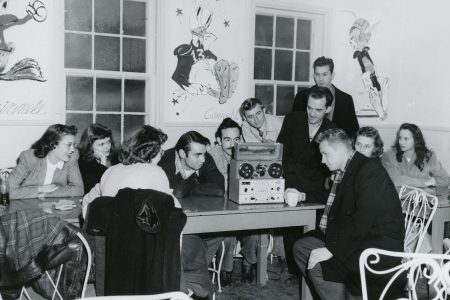 You Said: Summer 2017
You Said: Summer 2017 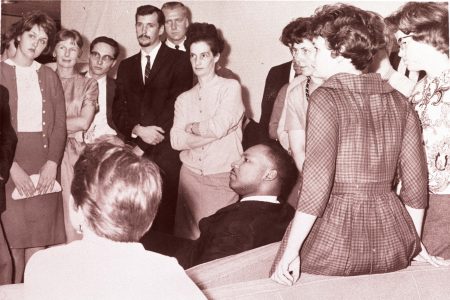 History of diversity at Cornell College
History of diversity at Cornell College 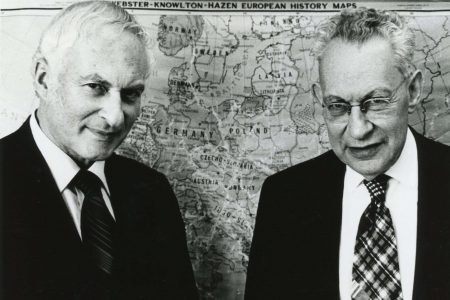 First Jewish faculty were refugees
First Jewish faculty were refugees 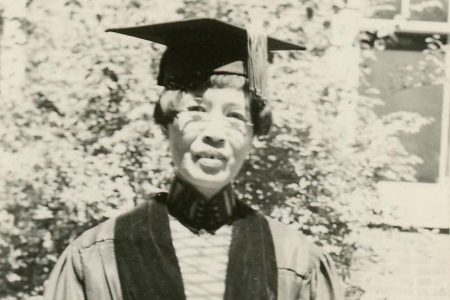 Tale of two Asian alumnae
Tale of two Asian alumnae 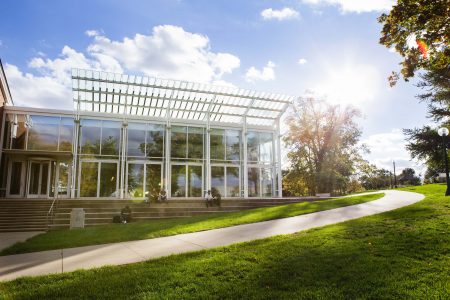 Cornell’s response to 2016 incidents
Cornell’s response to 2016 incidents 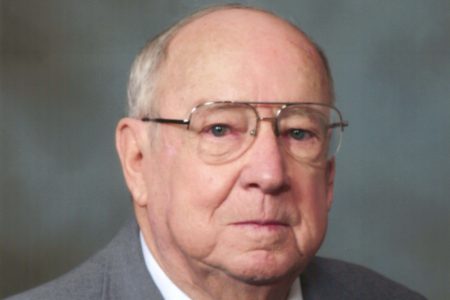 William Purden ’51
William Purden ’51 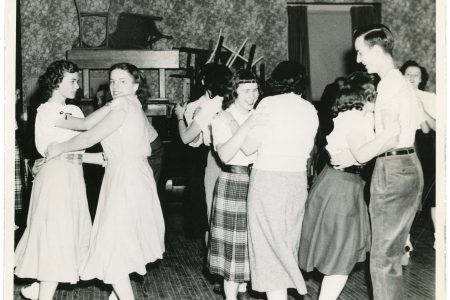 A history of Cole Bin 1, Cole Bin 2, and George’s
A history of Cole Bin 1, Cole Bin 2, and George’s 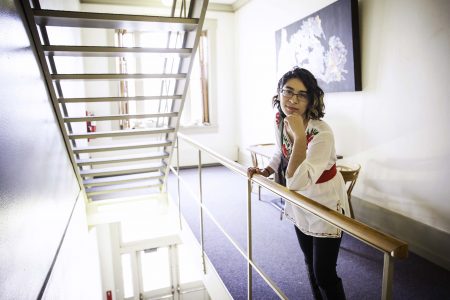 Summer 2017: In Brief
Summer 2017: In Brief 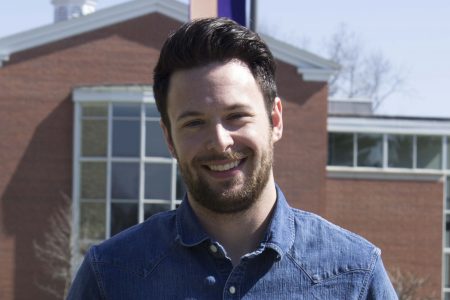 On Topic
On Topic 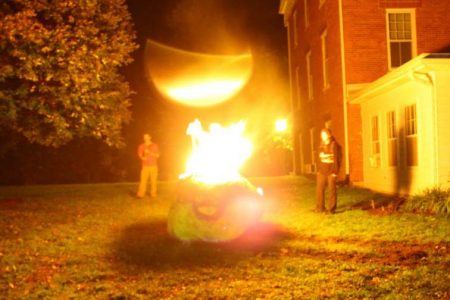 AXEs burn The Rock
AXEs burn The Rock 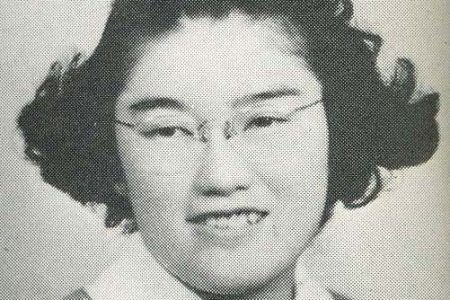 Cornell’s first female Asian-American graduate
Cornell’s first female Asian-American graduate 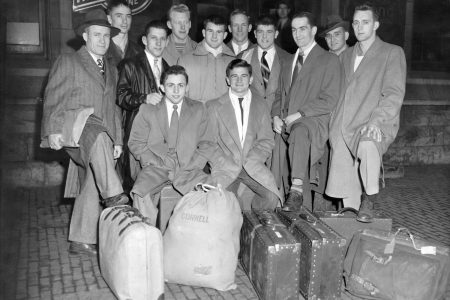 Remembering the Dream Team of ’47
Remembering the Dream Team of ’47  When cultures meet, sometimes they collide
When cultures meet, sometimes they collide